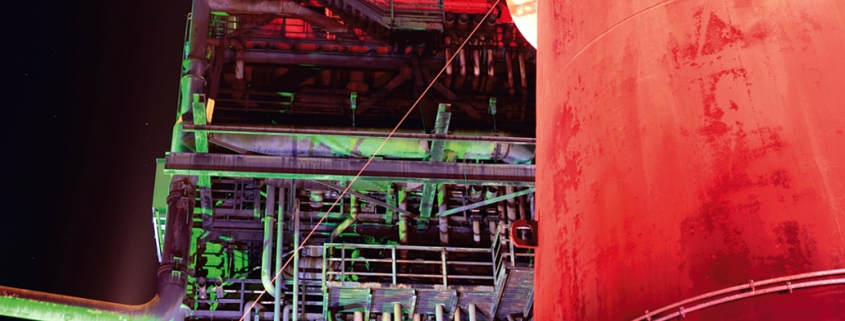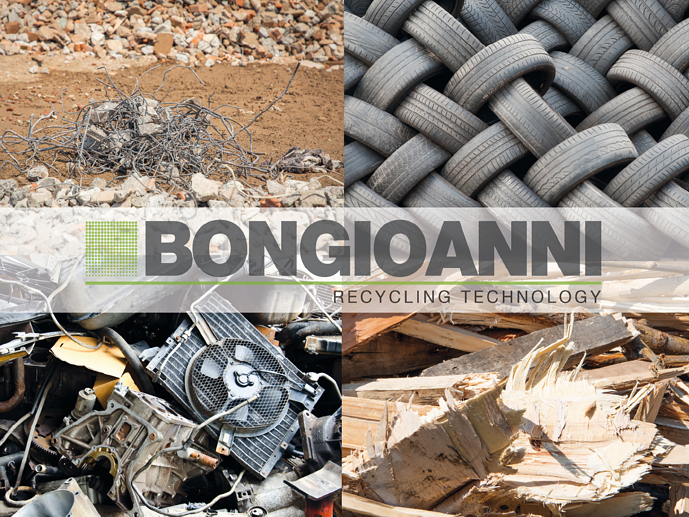Steelanol: Converting Carbon-Containing Gas into Fuel
In January this year, the first foundation pile of the ArcelorMittal’s Steelanol plant in Belgium has been driven into the ground, the first of 1,800 piles that will support the future installations of the plant.
In June last year, the international steel and mining company ArcelorMittal has begun construction of new premises at its site in Ghent to house a new installation, which will convert carbon-containing gas from its blast furnaces into bioethanol. “If proved successful, the new concept has the potential to revolutionize blast furnace carbon emissions capture and support the decarburization of the transport sector,” the company is convinced.
As reported, the technology in the gas conversion process was pioneered by the USA-based company LanzaTech with whom ArcelorMittal has entered a long-term partnership. The technology uses microbes that feed on carbon monoxide to produce bioethanol. “The bioethanol will be used as transport fuel or potentially in the production of plastics,” AcelorMittal announced. “This is the first installation of its kind on an industrial scale in Europe and once complete, annual production of bioethanol at Ghent is expected to reach around 80 million liters, which will yield an annual CO2 saving equivalent to putting 100,000 electrical cars on the road.” Commissioning and the first production is expected by mid-2020. ArcelorMittal’s long-term aspiration is to become a zero-waste business, with all materials used or generated during steel production recuperated, treated and reused in the production chain or becoming the raw materials for other industries. The steelmaker works together with specialized partners in order to roll out this bioethanol technology, including Primetals Technologies Ltd. (London) and international strategic consultancy E4tech. Funding was obtained from various sources, including the European Union’s Horizon 2020 program, to carry out further research and development and scale up the project.
Last year, the company Emile Egger & Cie SA was awarded a contract for the most critical pumps in the steelanol process. Sulzer Chemtech, one of the leaders in separation and mixing technology, was appointed to provide distillation equipment. According to the provider, this will help to convert waste gases from the steel manufacturing process into approximately 80 million liters of bioethanol annually.
Photo: pixabay
GR 12019



 BGS Group
BGS Group



